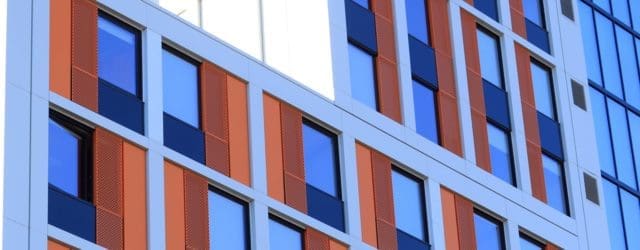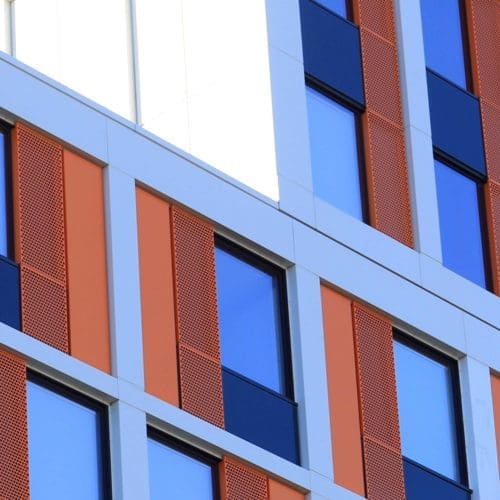Building a safer future: The Fire Safety Bill
March 2021The Fire Safety Bill is part of a series of proposed changes to fire and building safety following the Grenfell Tower fire in 2017. It seeks to amend the Regulatory Reform (Fire Safety) Order 2005 to clarify that the responsible person or duty-holder for residential buildings containing one or more homes must manage and reduce the risk of fire for:
- The structure and external walls of the building (which includes cladding, balconies, and windows); and
- Entrance doors to individual flats that open into common parts.
This will enable the fire and rescue services to take enforcement action in cases of non-compliance.
The Fire Safety Bill is part of a package of measures, including the Building Safety Bill (previously discussed in our articles that are accessible here and here), intended to address the issue of fire safety within residential buildings for developers, building owners, and occupiers alike. In February 2021, the Secretary of State for Housing, Robert Jenrick announced that:
- There will be a further £3.5 billion (on top of £1.6 billion already set aside in 2020) of Government grants to pay for the removal and replacement of dangerous cladding systems on buildings above 18 metres.
- For buildings between 11 metres and 18 metres, the Government will offer a long-term ‘financing solution’, where a loan will be made to the building owner and repaid by leaseholders, with a cap on repayments at £50 per month.
- Finally, a new levy will be introduced for developers, which will become applicable when planning permissions are submitted for high rise developments. An additional tax will be introduced for the residential property sector from 2022, expected to raise £2 billion over 10 years to contribute towards the cost of cladding remediation.
One of the major points arising from this announcement and the draft legislation was whether, and to what extent, leaseholders would be required to pay for cladding remediation works and other fire prevention measures. As the Fire Safety Bill passed through Parliament, the House of Lords added a series of amendments – the most significant of which sought to restrict the passing on of costs to leaseholders. This was first added in November 2020.
In February 2021, around the time of the Government’s announcement summarised above, the House of Commons voted down the amendment preventing leaseholders from being forced to pay.
On 17 March 2021, the House of Lords sent the Fire Safety Bill back to the Commons for the second time by voting in favour of a further amendment prohibiting remediation costs from being passed on to leaseholders. This amendment would have seen the Government pay the upfront cost of removing dangerous materials, imposing a levy on cladding producers, contractors, and developers to recoup the cost. However, on 22 March 2021, this was rejected by the Commons by a majority of 69 votes.
The Government’s position was that the amendment be rejected because the Fire Safety Bill is not the correct vehicle to address issues over remediation costs. Ministers said the proposal was unworkable and would lead to further delays in implementing the Bill and in making buildings safe. The Government did however state it intends to cover the issue in the Building Safety Bill, which sets out reforms to the regulatory framework surrounding residential building. It is understood the Building Safety Bill will be introduced into Parliament in Spring 2021.
The Fire Safety Bill will now return to the House of Lords, where the Lords must agree if it is to pass into legislation. As a matter of procedure, the House of Lords does have the right to try to amend the Fire Safety Bill again, but any amendment will have to be significantly different to the amendments previously proposed (and rejected) and must also fit within the general principles of the Fire Safety Bill.
The Building Safety Bill will undoubtedly also be closely scrutinised when introduced, particularly in light of the Government’s apparent commitment to cover the issue of remediation costs in that legislation (in particular given the Building Safety Bill proposes to introduce a Building Safety Charge, and the 24 November 2020 Housing, Communities and Local Government Parliamentary Select Committee’s report into the Building Safety Bill raised concerns regarding the extent to which the Building Safety Charge will include the costs of remediating historic safety defects).
Download PDF








